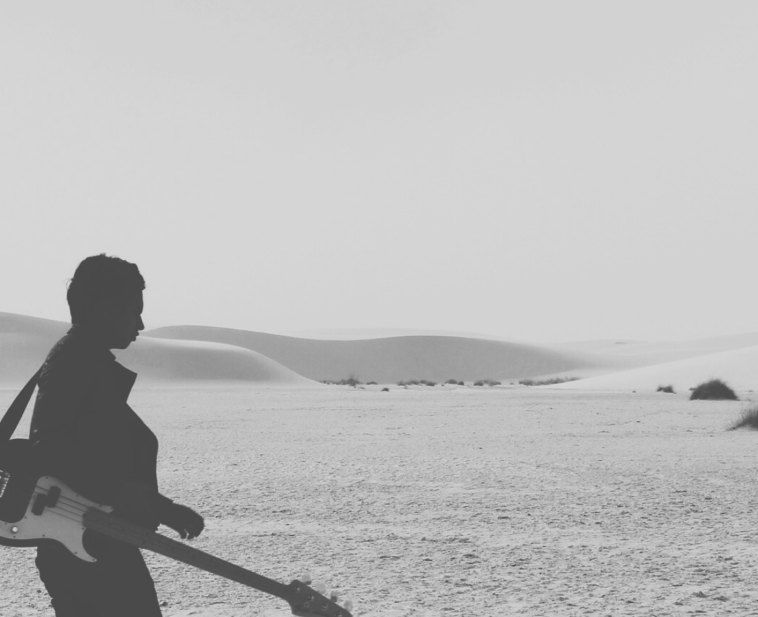It starts as a thought evoked by what you see. Then it grows and becomes a murmur because of what they say. Then it becomes a whisper because you begin to pay attention. Then a clearly discernible voice, and when fully formed, it is a self-realization of where you stand in the grand scheme of things and how much work you have to do to drag yourself out.
It was an unpleasant truism, and you fought hard to keep it out of your mind, but it stayed. At every turn, the evidence was overwhelming, and it removed every shred of doubt, leaving you with the hard decision of acceptance. It was vehemently validated by your experiences, and you began drawing back, slowly but surely.
But what began all that was a simple question: “When did you realize you were poor?” There were many opportunities for you to see it, but you didn’t. For example, when your friends went on that Nairobi trip, the charge was $43, and your mother wouldn’t let you go. Why? She squarely told you, while she grimaced first and later said in a concerned tone, “Kenya is far off, and I don’t want you to be too far away from me; you’re too young. I can’t bear it.” That she would be able to protect you in Uganda, where you both lived.
Yes, granted; you got angry because all your friends signed up, almost all of them. But she told you that when you got older and were more than able to take care of yourself, you would be able to go on whichever trip you wanted, and that, by God, she would pay for it if it came to it. You accepted what she told you because right there in her statement, she had asserted that it was in your best interest not to engage in such a long trip with only strangers to take care of you.
That was love; you were sure, at a young age of eight, that she had your best interests at heart as a mother. And then, when you grew up, you would be able to get to every trip and not have her worried because you didn’t know anyone in Nairobi, Malibu, Cairo, or Antananarivo. So she added hope to the reaffirmed love. She was your mother, after all, and she had performed her role perfectly.
But she wasn’t entirely truthful. You didn’t actually go to Nairobi because she didn’t have the money to send you there. She would have loved to, but maybe if she did, you would have to forgo the essentials, and that would look bad on everyone, especially herself, who solely took on that responsibility.
But in an alternate universe, she would send you to Mars if you so wanted it, because her wish was for you to have the best of things. So your friends went on that trip, and you stayed; they came back and talked about how beautiful Nairobi was, but it didn’t move you. You were filled with the assurance that you would have an even better adventure when you were older, and that your mother would make sure of it.
Your Superwoman would make sure of it, like she had kept everything intact for you your whole life. Maybe there is a father; maybe there isn’t. But you didn’t really care, because it never made a difference. Maybe he got you that big piece of chicken at that fancy restaurant at odd times when he made a sudden appearance, but that was it.
You were always excited to go back home to your Superwoman and maybe see him again after a year or longer; it didn’t really matter. As a child, you were naïve and innocent; some concepts were hard for you to comprehend because they were layers and layers that shielded you from the looming realization that you were poor.
The truth wasn’t far from you, but you were an escapist of sorts and always managed to run away from the idea, even the damning thought of it. “When did you realize that you were poor?” It’s the question that started everything. For you, it was much later, after the Nairobi trip, when you were 16 and had started visiting friends, and then you found out that you had much less than what they had.
Maybe you began to secretly scorn the people back home, thinking that everyone wasn’t doing enough, as the rest who seemed better. And that’s why you lagged behind, somehow. And it got to you, somehow.
Someone once said that they realized their gloomy situation when the elementary school they went to decided to compartmentalize the meal section, and that it made the distinction clear that they didn’t have money at home because they always had to pick their meals from the common place. And it was the same for many others, because the line was always full; so the cunning and mischievous in his “poor” class waited for the leftovers from the other sections.
The only good thing was that he had more friends than the other ‘distinguished’ kids, who ate alone or in pairs, no more than that. And the rest of his mates in the “poor” class were bundled together at the end of the eating area, chatting away while they ate. And that always reminded him that maybe money didn’t get one everything. But all that was little consolation, and he would sooner have it than not.
But when the realization came to him, he went through the psychological states to initiate him into the cult of poverty: from denial, anger, bargaining, depression, and then acceptance. He went through every stage subconsciously.
But back to you; you didn’t know at the time, but you would realize much later that the “poor” beginnings gave you enough love to last for eternity, and that you could use that as the currency to get you anything else you wanted in life. And that the heavens would be at your side in your quest, because the only thing you needed to do was breathe and get through each day.
Then, one day, as you sip on the iced Piña Colada while you gracefully walk along a cobblestone walkway with the sea in sight and the tickling sand between your toes, you will feel a sense of contentment. Maybe it will be one of those beaches whose names are hard to pronounce. But it will be expensive, because of or in spite of the name or seclusion. Maybe it will be the town of Taolagnaro. You won’t really care about expenses, because you will have the money.
And as you help one of the locals push their old boat into the sea that evening, you will stop, stare intently at the horizon, and think, “The Superwoman did a wonderful job raising me.”
This post was created with our nice and easy submission form. Create your post!









